Tensions over an amendment expanding Indian government control over Muslim religious properties has spiralled into violence in India's West Bengal state.
An amendment to the laws was proposed by India's ruling Bharatiya Janata Party (BJP) government and was passed by India's parliament earlier in April.
The move introduced changes that include putting non-Muslims on Waqf boards and giving bureaucrats authority to resolve property disputes. It has been perceived by many in the Muslim community as a threat to their property rights and religious institutions.
The Supreme Court is currently reviewing challenges to its constitutionality.
Politicizing communal violence
Communal clashes between Hindus and Muslims were most intense in West Bengal's Muslim-majority districts including Murshidabad. Police reported 150 arrests and extensive property damage.
The BJP's West Bengal leader Suvendu Adhikari said the rioting has led hundreds of Hindus, including women and children, who are a minority in Murshidabad, to flee to the neighbouring district of Malda.
It is still unclear what exactly sparked the clashes, but local officials said protests were fuelled by misinformation and provocative messages spread through WhatsApp groups and fake social media accounts.
The communal tensions have also been used as political leverage by rival parties.
West Bengal's chief minister, Mamata Banerjee from the All India Trinamool Congress (TMC) party, has accused the BJP of orchestrating the violence to destabilize her government
In turn, the BJP has alleged that Banerjee was leveraging the issue to consolidate her position ahead of 2026 state assembly elections.
Niranjan Sahoo, a senior fellow with the Observer Research Foundation (ORF), a think tank, said that West Bengal is especially prone to a "culture of political violence" due to the "political history of social upheaval and violent mobilization for political control."
"The BJP is trying to get a foothold in the state where it has been trying for years. The ongoing violence has something to do with intensifying political competition between ruling TMC and challenger BJP. The explains these episodic bouts of violence," Sahoo said.
Several recent incidents of political and communal violence in West Bengal have captured national attention and highlighted the state's volatile political climate.
In July last year, eight people were killed in mob attacks, with dozens brutally assaulted in public places. The violence was sparked by rumours of theft, kidnappings and personal disputes, with mobs acting as enforcers.
The 2023 local body elections were also marked by extensive violence, with reports varying between 48 and 55 deaths linked to poll-related clashes. Widespread vandalism of ballot boxes and arson were also reported.
If even ordinary local elections "can result in bloody casualties, when it comes to higher order contests, everything goes, short of tanks rolling out," Dipankar Gupta, a sociologist, told DW.
Vying for influence in West Bengal
Neerja Chowdhury, a political columnist and commentator, said Muslims comprise 30% of West Bengal's 100 million plus population. And communal conflagrations often take place with political parties stepping in.
"West Bengal is a large state and the gateway to the east, which is eyed by the ruling BJP. The party has always gained from Hindu-Muslim polarization. Mamata Banerjee is fighting a battle to retain her hold in the state when it goes to the polls in 2026," Chowdhury told DW.
"Polarization also helps Banerjee because it squeezes out the Congress and the CPI-M [Communist Party of India-Marxist], who are eyeing Muslim voters. A beleaguered community may consolidate behind her more," added Chowdhury.
"The Hindus in the state have traditionally been more liberal and they may be one reason why the BJP has not made the headway it had hoped for. But this may be changing and attacks on the Hindus can create a reaction," she added.
The BJP has alleged that the current bout of violence was due to the governing TMC exploiting unrest to advance its political goals.
"The chief minister is on a weak wicket with the upcoming elections and under the guise of the Waqf issue, has instigated this kind of violence. It is cold-blood planning," BJP spokesperson Tom Vadakkan told DW.



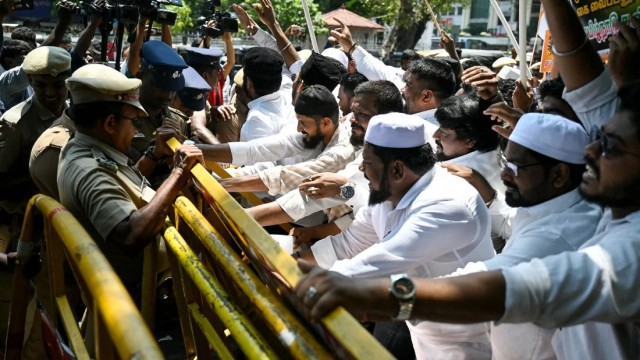



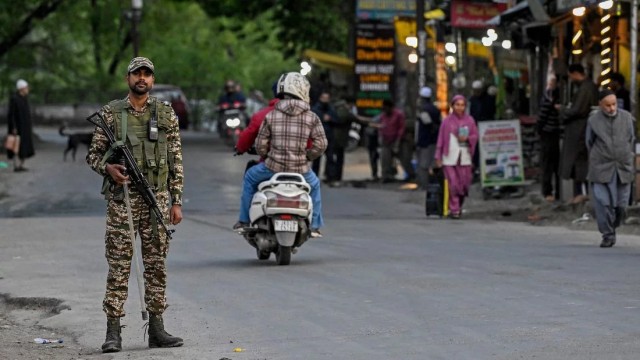
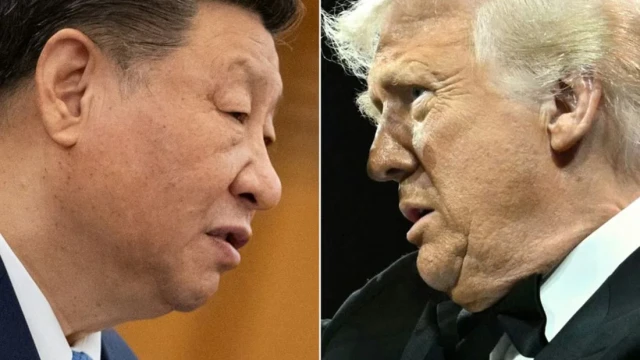
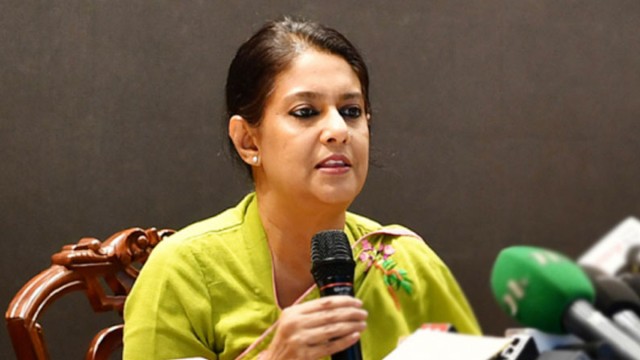
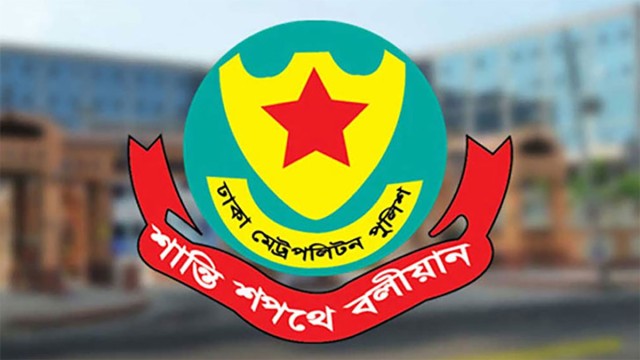

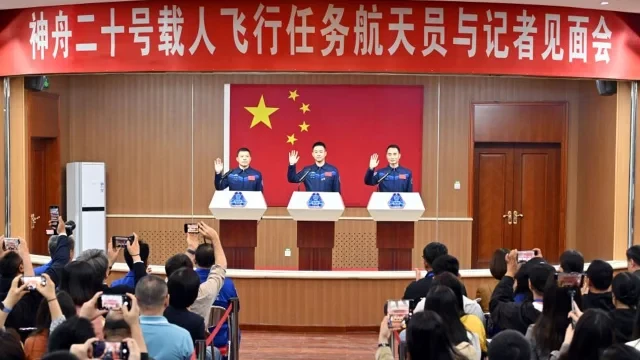
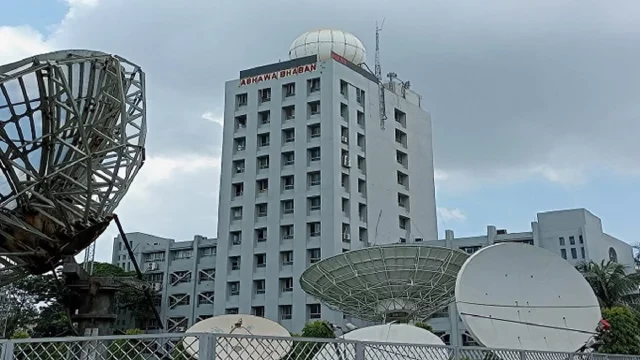

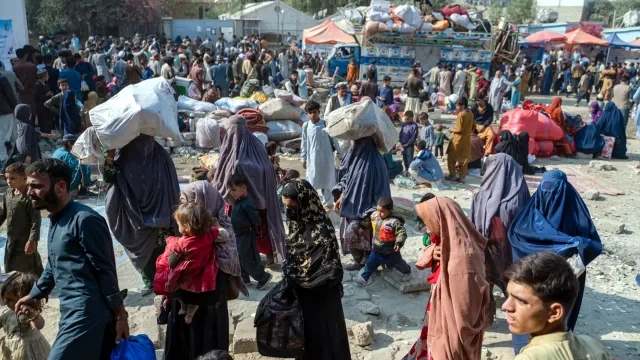
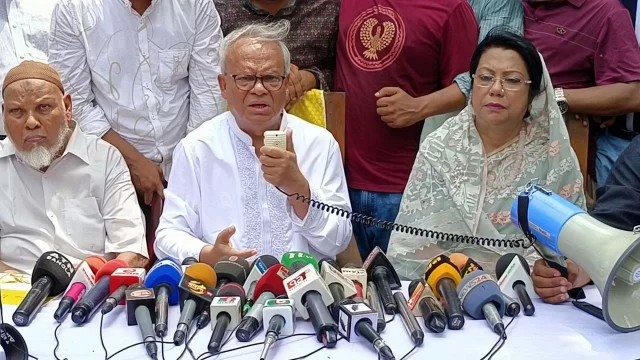

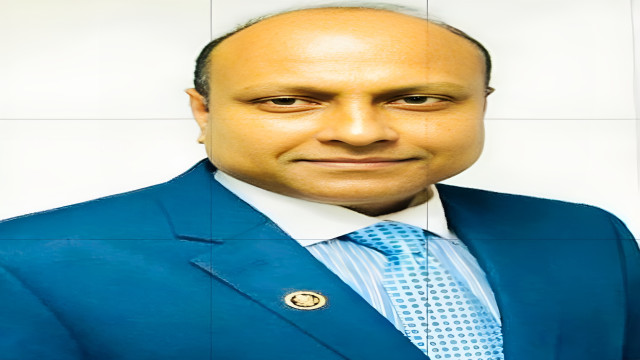
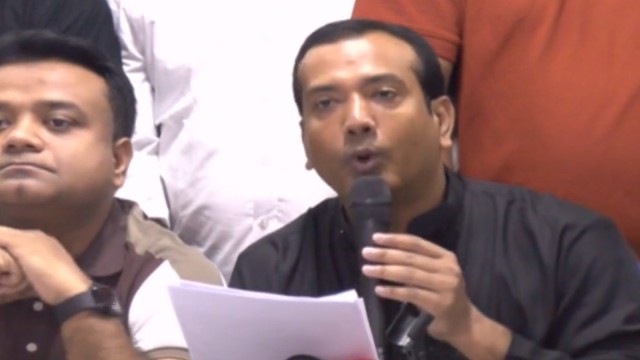

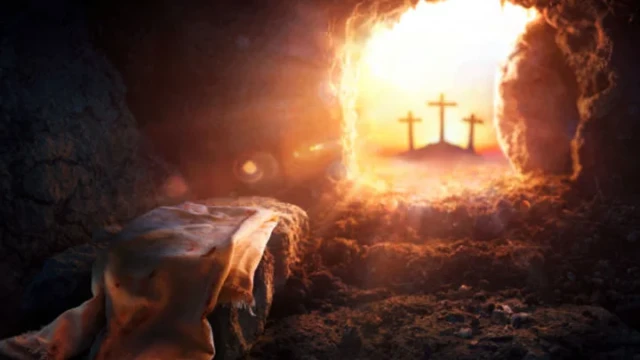
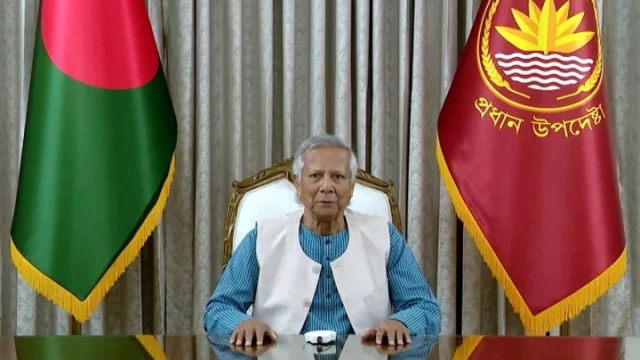
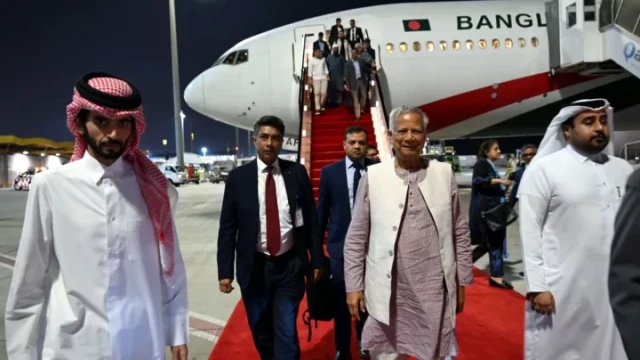
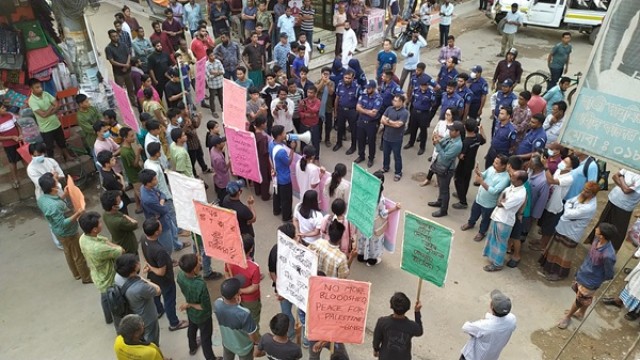
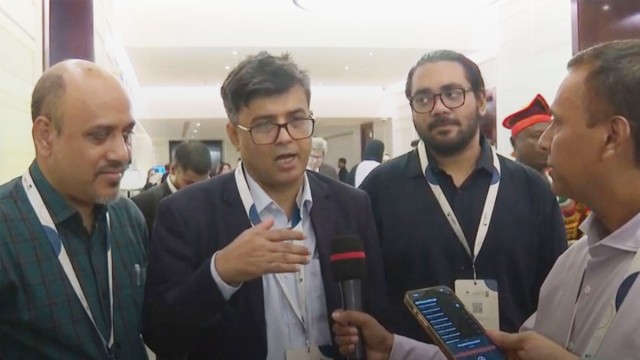
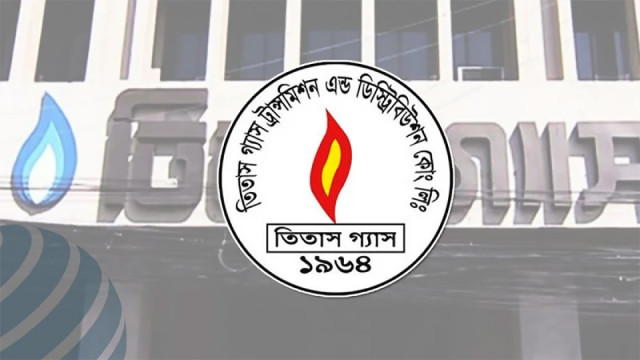
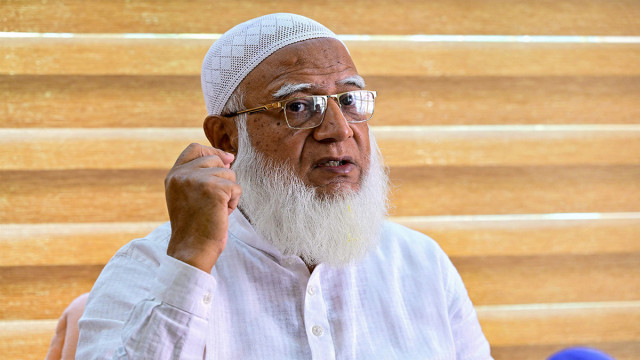
Comment: